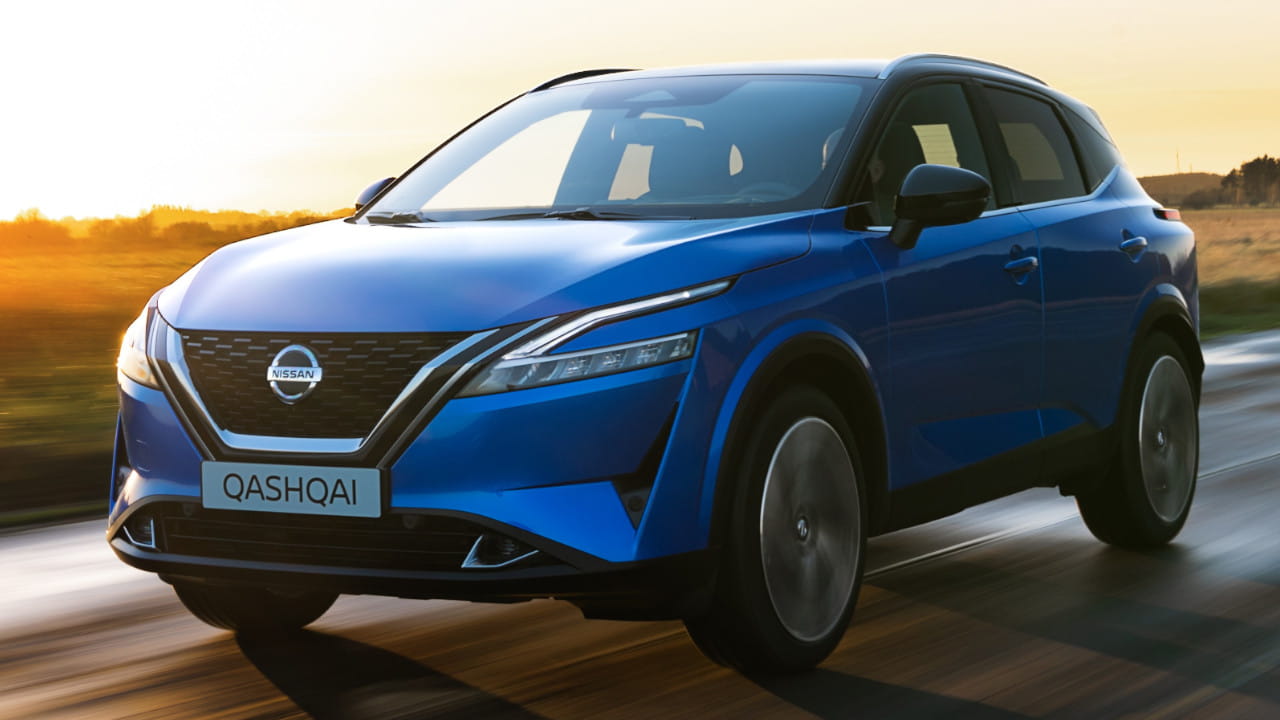The Pros and Disadvantages of Leasing an Auto: Making an Enlightened Choice
In the realm of automotive decision-making, the selection between leasing and purchasing a vehicle typically occurs as an essential crossroads. Each alternative features its very own set of benefits and disadvantages that satisfy economic conditions and different preferences. Leasing a cars and truck, particularly, uses a host of advantages such as reduced month-to-month settlements and the chance to drive a brand-new vehicle every few years. Conversely, there are constraints like gas mileage constraints and the absence of possession at the end of the lease term. However, the intricacies of this choice extend beyond simple financial calculations, delving right into considerations of long-lasting dedication, upkeep responsibilities, and the flexibility to switch over to a newer version when the lease finishes.
Benefits of Leasing an Auto
When you lease an auto, you essentially pay for the automobile's depreciation throughout the lease term, instead than the full acquisition price. Since rented vehicles are typically more recent, they are often covered by the producer's service warranty for the period of the lease, reducing repair service expenses. Leasing provides the possibility to drive a brand-new car every couple of years, preventing the headaches of marketing a made use of cars and truck.
Disadvantages of Leasing a Car
One of the significant downsides of leasing a vehicle is that you do not construct any equity in the vehicle. Unlike having an auto where each payment contributes to ownership, lease settlements just cover the depreciation of the automobile during the lease term. One more downside is that lease contracts typically come with rigorous terms and problems, and ending a lease early can lead to significant fines.
Financial Considerations

Furthermore, be conscious of any type of upfront fees, such as a deposit, down payment, procurement fee, and tax obligations, that can affect your preliminary costs. Understanding the gas mileage limitations and excess mileage charges is additionally essential, as going beyond the agreed-upon gas mileage can lead to considerable charges at the end of the lease - Nissan lease offers near Lenox. Additionally, take into consideration the cost of insurance policy for a rented vehicle, as insurance coverage costs might differ from those for an acquired auto
Upkeep and Repair Work
Comprehending the upkeep requirements and potential repair service costs related to leasing a vehicle is crucial for making notified choices regarding the overall economic commitment. Among the substantial advantages of renting a car is that since the majority of lease terms coincide with the producer's warranty duration, the lessee is often covered for the bulk of fixings due to mechanical concerns. This can cause lower out-of-pocket costs for maintenance throughout the lease term compared to owning an auto outside of the warranty duration. Nonetheless, lessees are typically accountable for keeping the vehicle as per the leasing contract, consisting of normal maintenance, oil changes, tire rotations, and various other routine maintenance. Failing to comply with these upkeep requirements might result in surcharges at the end of the lease term. It's critical for lessees to budget for possible wear-and-tear prices and to understand the lease arrangement's provisions pertaining to excess deterioration to avoid any kind of surprises when returning the lorry.
End-of-Lease Options
Upon getting to the end of a vehicle lease term, lessees are generally presented with numerous alternatives for exactly how to proceed with the car. An additional option is to acquire the vehicle at the end of the lease term. It is crucial for lessees to very carefully review their lease contract to recognize all the end-of-lease alternatives available to them and make a notified decision based on their private scenarios and choices.
Final Thought

When you lease a vehicle, you essentially pay for the car's depreciation during the lease term, rather than the full purchase price. Given that rented cars are commonly more recent, they are often covered by the producer's guarantee for the duration of the lease, minimizing repair costs. Unlike possessing a vehicle where each payment contributes to ownership, lease settlements just cover the devaluation of the automobile during the lease term.When assessing the monetary elements of leasing an automobile, it is vital to very carefully take into consideration the overall cost over the lease term. One of the considerable benefits of renting a car is that because the majority of lease terms coincide with the producer's guarantee duration, the lessee is frequently covered for the majority of fixings due to mechanical issues.